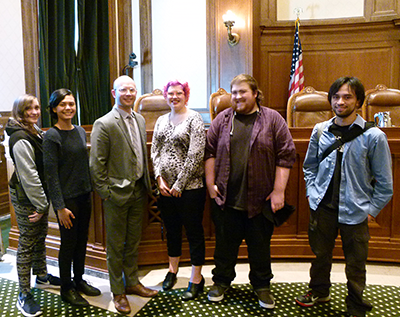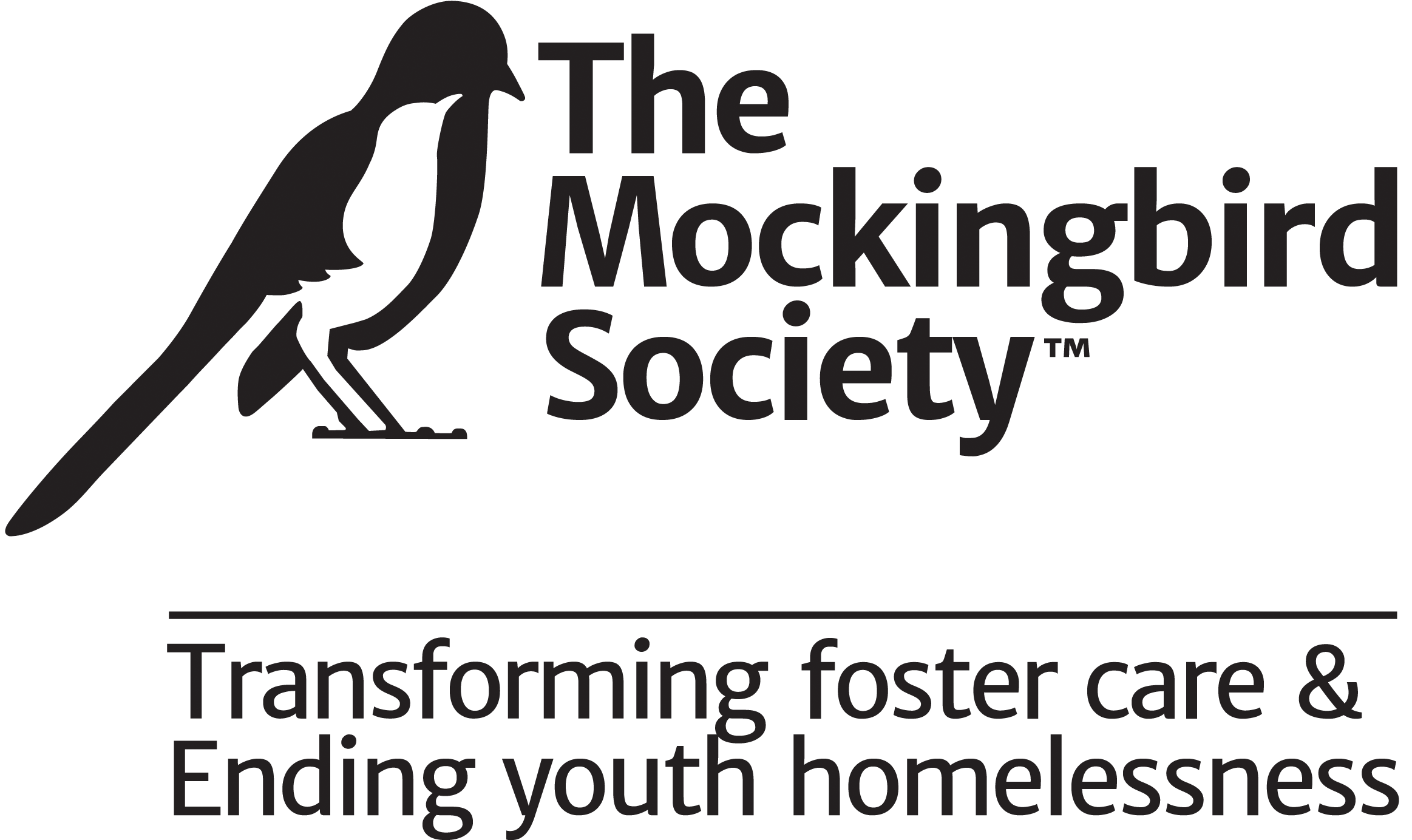WITHOUT A VOICE: Washington state law leaves kids in dependency proceedings voiceless
The Mockingbird Society and others have asked the Washington State Supreme Court to find that children who are the subject of dependency proceedings have a constitutional right to counsel.
Currently, twelve of thirty-nine counties in Washington have decided to create a county-based right to counsel for children in dependency proceedings, but only so long as they are of a certain age (8 or 12 years-old depending on the county). The other twenty-seven counties simply follow a state statute requiring that children, age 12 and up, be notified that they can request an attorney, but it provides no guidance as to when a request must be granted. RCW 13.34.100(7)(C). Even if they request counsel, however, no one is obligated to help them form their arguments, file the appropriate documents, or argue for appointment of counsel on their behalf.
Dependency proceedings are not trivial matters. Children’s lives are at stake. Judges decide, among other things, where children will live, who they live with, who they can and cannot see, where they can and cannot go, and whether and on what basis they can see their parents, siblings, or extended family. Many advocates are on hand to help the judge make these decisions: lawyers for the parents, lawyers for the foster parents, lawyers for the state, and sometimes a Court Appointed Special Advocate or a Guardian Ad Litem. In this sea of competing voices, the children whose lives are being turned upside down through no fault of their own are often left feeling like no one is listening to them.
This sad reality is not lost on kids in dependency proceedings. As one alumni of foster care, Deonate, put it: “Once I got an attorney, I remember feeling official, like I had good representation. The state, my foster parents, everybody had somebody who represented them. It had always felt weird that I didn’t have one, that I didn’t have someone to fight for me.” Another foster youth, S.K.-P. (a petitioner in the recent Washington Supreme Court case), was removed from her home and placed into foster care. Feeling voiceless, she requested but was denied counsel. This left S.K.-P. as the only party to the proceeding who was not represented by an attorney. No one had the job of fighting for her interests in visiting her half-siblings or their grandparents, living with her mother, staying in the same school, limiting visits with her estranged father, or receiving adequate mental health services. S.K.-P. and Deonate’s experiences are not unique – many of the thousands of young people in foster care in Washington state have similar stories.
Put simply, children in dependency proceedings are not treated equally (or equitably) throughout the state. And Washington’s justice by geography (and age) approach to protecting the legal rights of abused and neglected children landed it three spots from dead last in a recent national study.
For years child welfare leaders like Columbia Legal Services (CLS), the Center for Children & Youth Justice (CCYJ), and The Mockingbird Society have been fighting for children in dependency proceedings to have a right to counsel. The most recent effort was in In re the Dependency of E.H; In re the Dependency of S.K.-P., minor children (“S.K.-P.") Supreme Court Case No. 94798-8 (2018) (CLS represented S.K.-P., and CCYJ and Mockingbird filed an amicus curiae – friend of the court – brief). Our amicus brief was filed in support of S.K.-P.’s argument that children in dependency proceedings have a constitutional right to counsel under the due process clauses of the U.S. and Washington state constitutions.
Last week, the Washington State Supreme Court heard oral argument in S.K.-P. During oral argument, the Court focused many of its questions on what the boundaries would be if a constitutional right to counsel exists for children in dependency proceedings. For example, Justice Madsen was very interested in knowing when a child is old enough to benefit from an attorney to argue for his/her stated interests. Justice Owens wanted to know how many attorneys would have to be appointed if there is more than one child. Justice Johnson and others wanted to know when the right to counsel attaches, - e.g., before the dependency starts, at the shelter hearing, after being placed into foster care. Justice Yu pressed the State to answer how one could consistently find a right to counsel in one situation, but not in all situations; she expressed difficulty in seeing how it was possible to conclude that what is good for one is not good for all.
It would only be speculation to suggest how this case will turn out. But we hope to get the Court’s opinion within the year. Once the opinion is issued, we will make sure to let you know the outcome. This has been a legacy issue for Mockingbird over the years and we continue to work on the issue to ensure all young people in care have a right to counsel during the dependency proceedings that clearly impact their lives and future.
The information contained in this blogpost is based on the briefing and oral arguments in S.K.-P. as well as the following report: http://cdcasa.org/wp-content/uploads/2017/01/UW-Study-2016-Defending-Our-Children.pdf.

